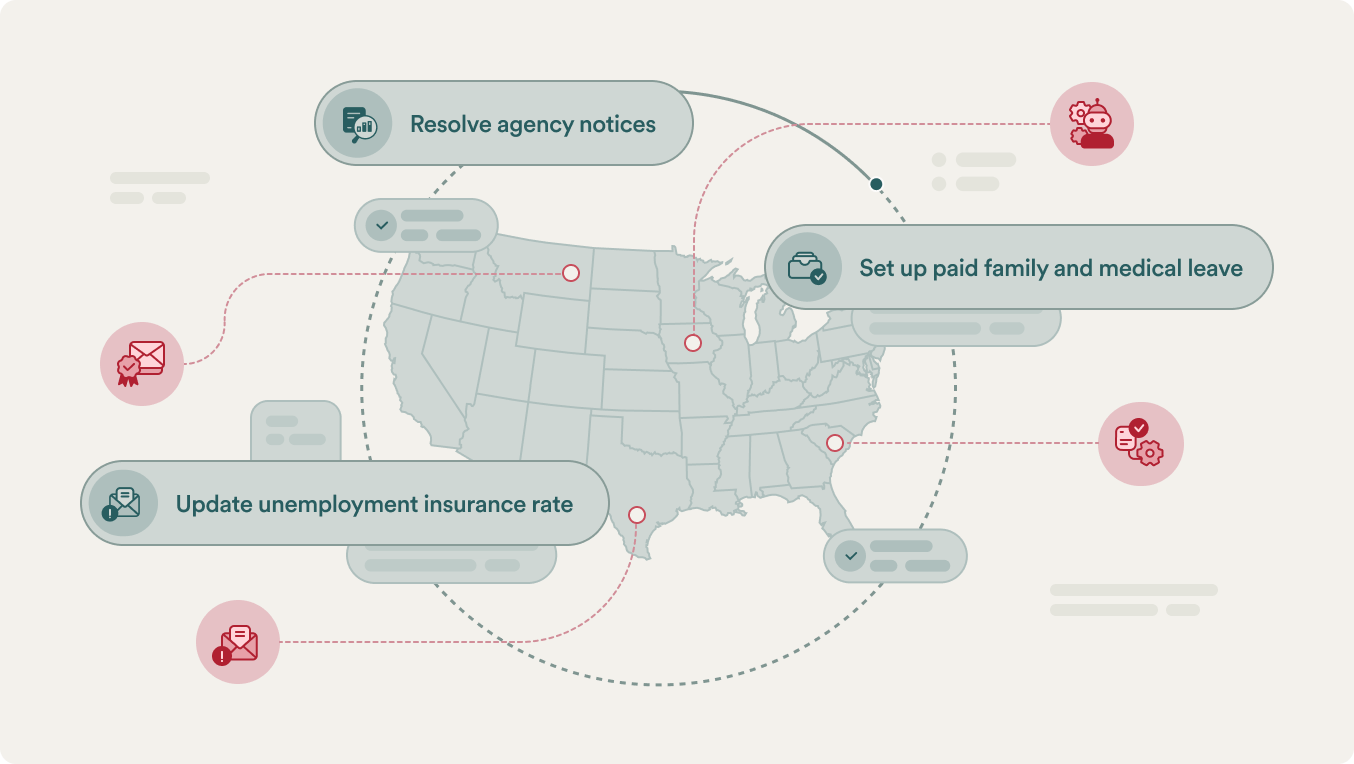If you are an employer in Cleveland Heights, Ohio, it is important to be aware of the local payroll tax requirements for businesses operating in the city. These requirements may include registering your business with the city and withholding a certain percentage of your employees' wages for local taxes.
How to Register for Payroll Tax in Cleveland Heights
Cleveland Heights, Ohio Local Withholding Tax Setup for Corporation, LLC, LLP, Professional Corporation
Employers must register with the Ohio Regional Income Tax Agency (RITA) to withhold income tax from the qualifying wages of employees working within Cleveland Heights, even if they are remote.
- Complete Registration Online
Create a RITA MyAccount, if you haven't already done so, to register for Cleveland Heights withholding tax. Select "Withholder" as the tax type.
- Add Municipality to RITA MyAccount
Log in to your RITA MyAccount and click "Add Municipality" to add Cleveland Heights withholding tax to your account.
Documents and Resources
- Cleveland Heights Special Notes and Tax Documents - Regional Income Tax Agency
- Forms and Instructions - Regional Income Tax Agency




